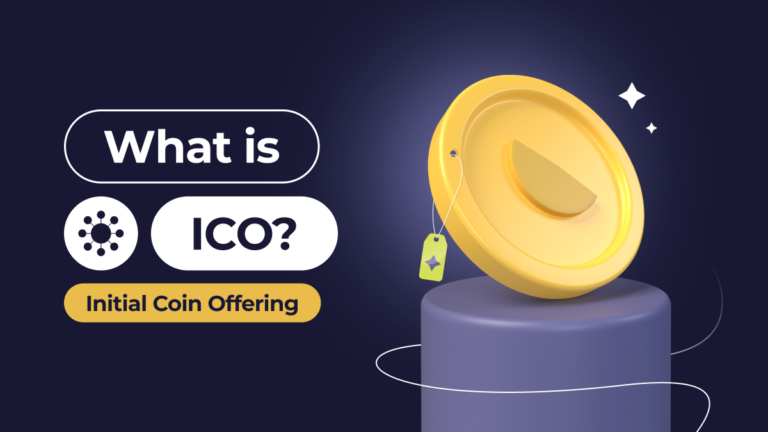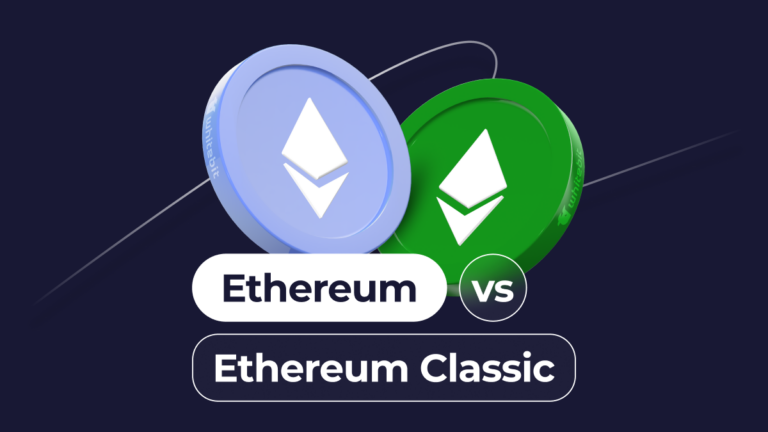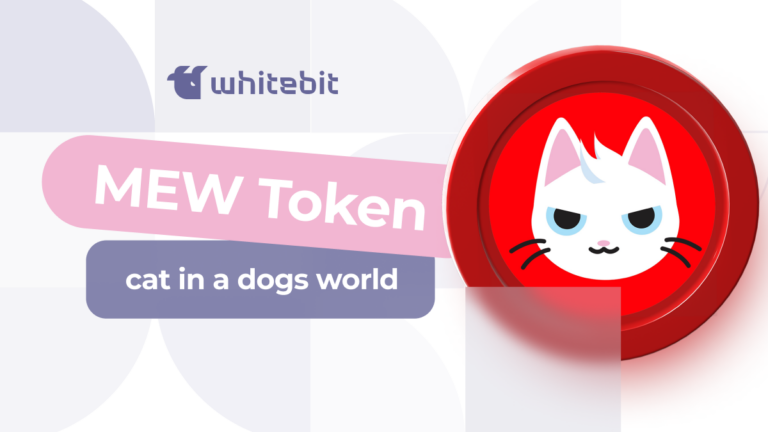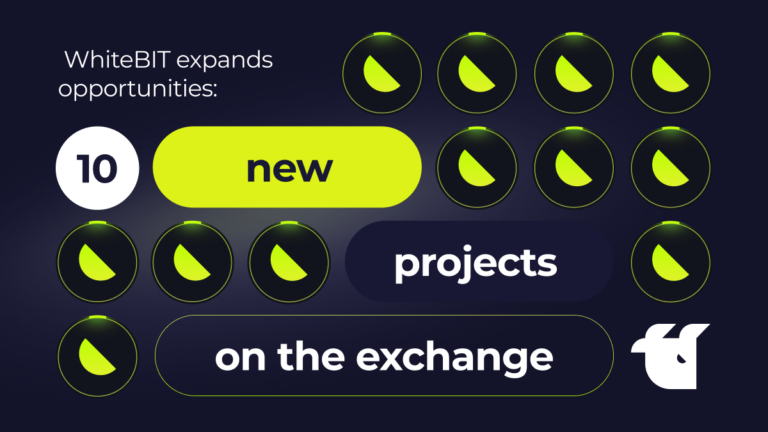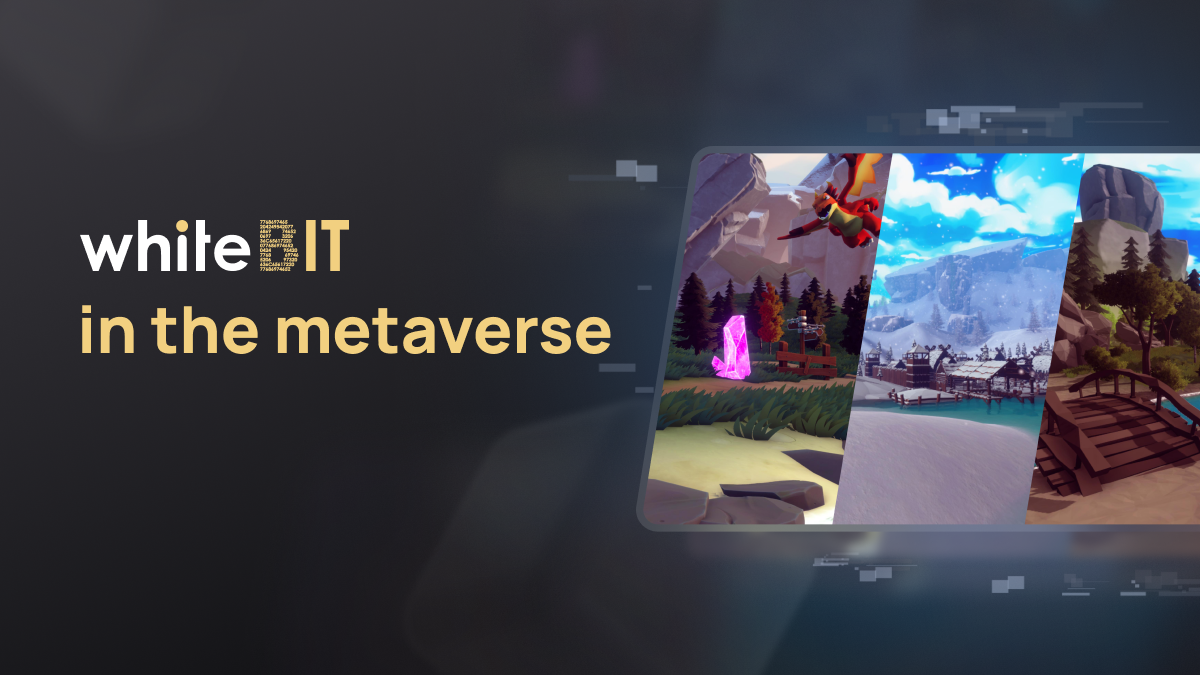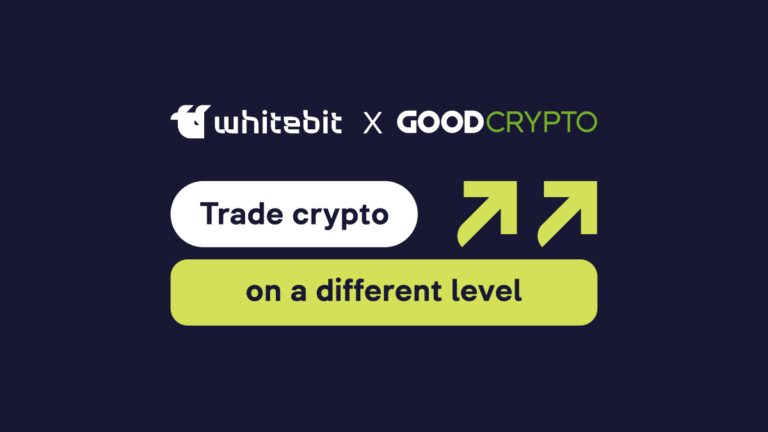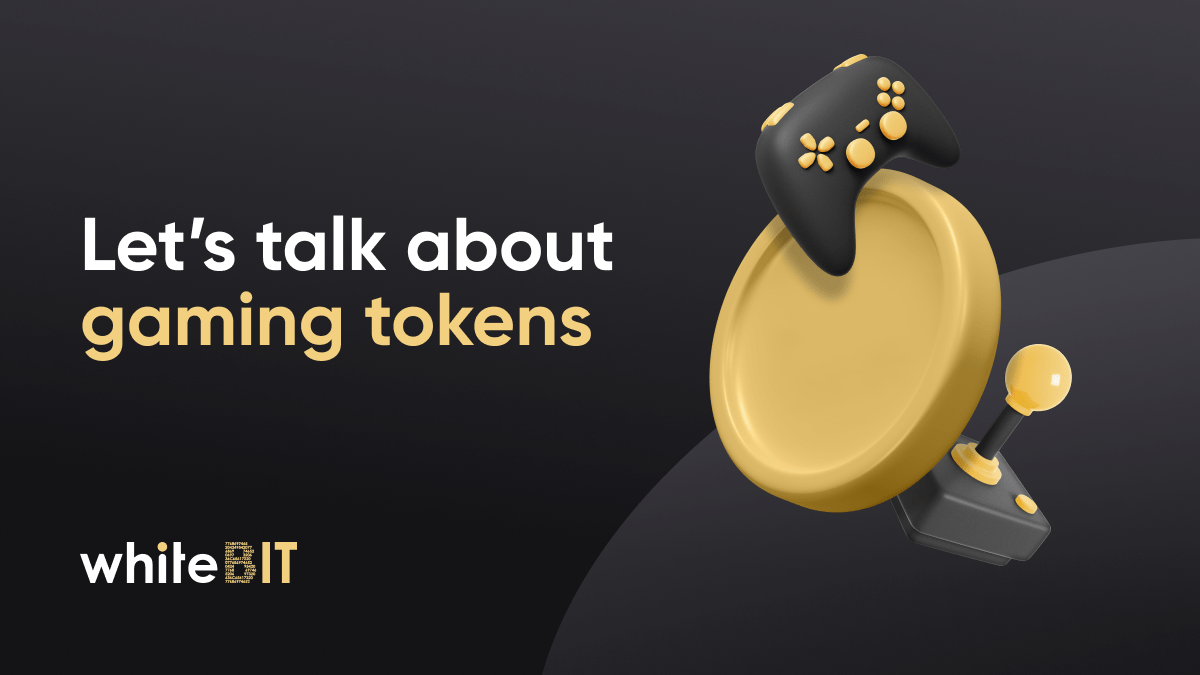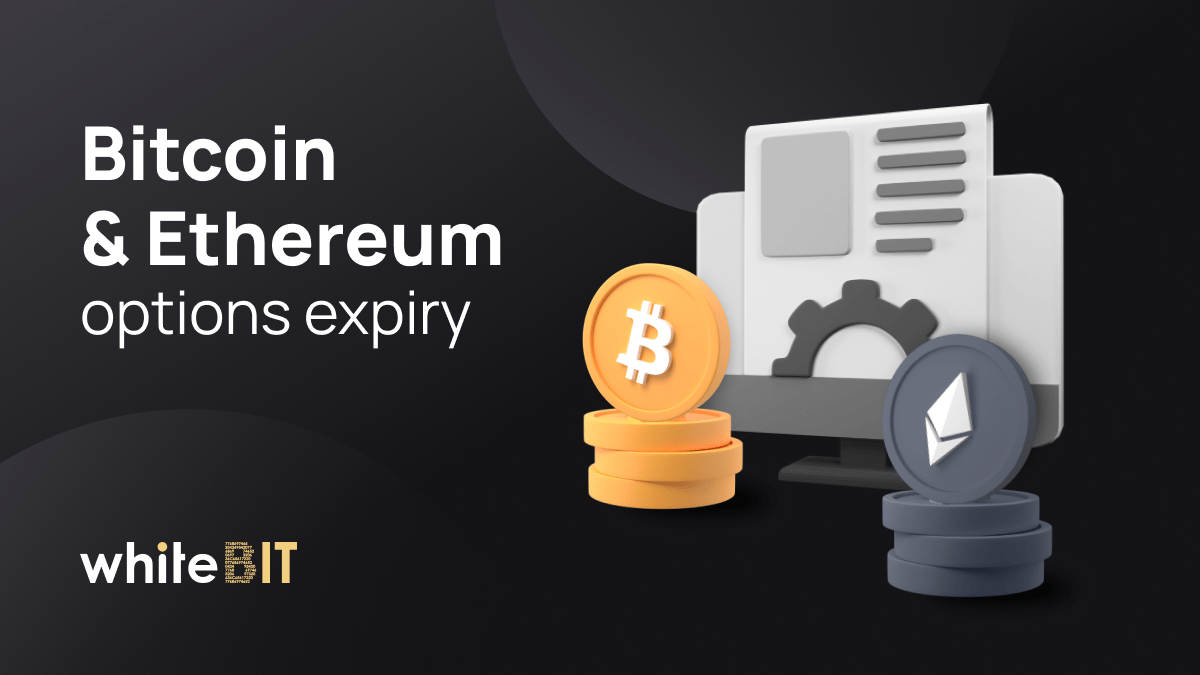Tune into Innovation: Enhancing Musical Experiences with MUSIC Tokens
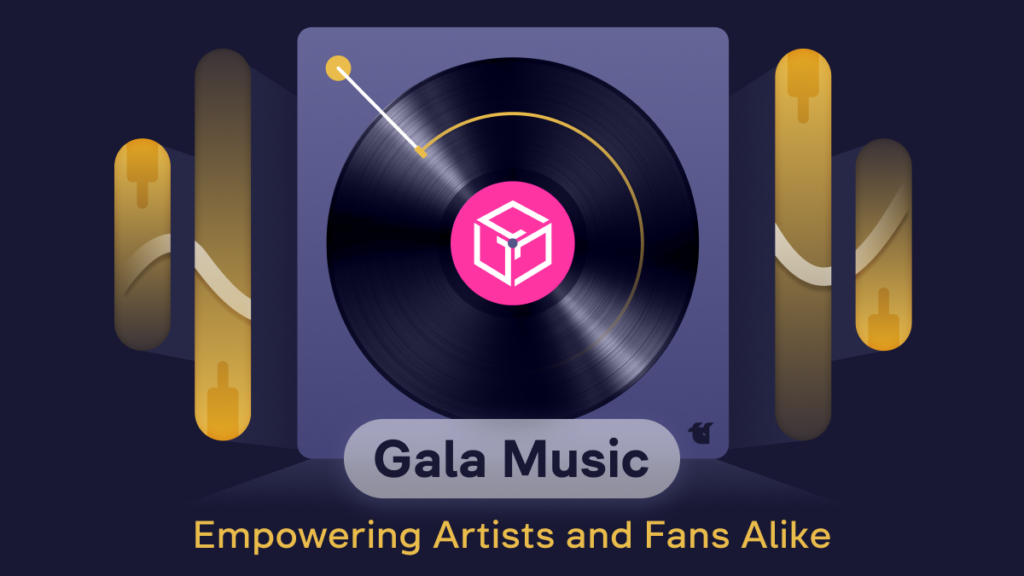
Content
The integration of blockchain technology in the music industry, exemplified by Gala Music, is reshaping the sector by addressing key issues like unfair royalty distribution and the over-reliance on intermediaries. This article explores Gala Music’s role in enhancing artist-fan interactions and ensuring fair compensation for creators through its use of the MUSIC token. We’ll also consider how decentralization, particularly through Web3 technology and blockchain, is transforming the music industry into a more fair and creator-focused environment.
A New Form of Music Ownership
In the previous article, we gave a brief overview of how Gala Music is utilizing blockchain technology to address several longstanding problems in the music industry, such as the lack of transparency in royalty payments, difficulties in asserting intellectual property rights, and the significant share of profits taken by intermediaries like record labels and streaming services. It highlighted Gala Music’s innovative approach to enhancing artist-fan interactions and offering an advanced streaming experience with high-quality sound, mobile optimization, and a performance-based reward system.
Enhancing User Experience through MUSIC Token Utility
The unique aspect of Gala Music is its utility token, MUSIC. This token allows users to buy music tracks and operate “Gala MUSIC Jukeboxes,” contributing to the platform’s ecosystem. The emission of MUSIC is carefully balanced to align with its utility and demand, ensuring a sustainable model.
Since its test launch on March 28, 2023, Gala Music has shown impressive growth, attracting numerous artists, streams, and account holders. The platform also introduced its live music companion app, STGE, and the All Access store, further enhancing user engagement. These features not only offer exclusive content and experiences but also allow users to spend their MUSIC tokens on a variety of offerings, including concerts, merchandise, and more.
The MUSIC token is integral to the Gala Music ecosystem. It serves as a versatile tool for users to show support to creators, purchase music, and access unique experiences. This utility fosters a more interactive and bespoke music experience, breaking down barriers between artists and listeners and enabling a new era of growth for decentralized music.
How Gala Music Engages Different User Groups
Gala MUSIC, built on the GalaChain blockchain, is redefining the music industry by engaging various user groups through its decentralized platform. The ecosystem offers unique benefits and features tailored to meet the diverse needs of its users, including artists, fans, track owners, player node operators, and listeners. Expanding upon this overview, we will now explore the distinct roles and advantages that Gala Music offers to its user groups.
Player Node Operators or Hosts play a crucial role in the MUSIC ecosystem. With a requirement of 20 hours of uptime, they can host up to 10 tracks. These tracks may either belong to them or be hosted on behalf of other community members. This feature allows for a wider distribution and accessibility of music on the platform.
Track Owners earn MUSIC tokens by purchasing tracks and hosting them on a node. This incentivizes the sharing of music and contributes to the vibrant ecosystem of Gala Music. The number of tracks an artist can have on the platform is determined by their tier within the artist system.
Artists. Gala Music has become a hub for both new and established musicians seeking control, monetization, and engagement with their fan base. Based on their commercial success and reach, they enter the platform within a tier system ranging from Bronze to Diamond. They earn revenue from the initial sale of their tracks, secondary market sales, All Access purchases, and increased engagement within the ecosystem and its partners.
Fans enjoy a more interactive and rewarding experience on Gala Music. They can listen to their favorite artists for free and are (through their listens) able to access rewards through earning MUSIC tokens that they can redeem on items such as merchandise and exclusive artist content. This system fosters a closer connection between fans and artists and incentivizes active participation in the MUSIC community.
Listeners. Recognizing the importance of casual listeners, Gala Music has launched the STGE app and optimized its mobile site for seamless, ad-free streaming. This accessibility ensures that anyone can enjoy music on the platform while supporting musicians and track owners through their listens.
This showcases Gala Music’s commitment to creating a fair, transparent, and rewarding music ecosystem. By leveraging blockchain technology, it empowers artists, incentivizes fans and listeners, and fosters a community-driven platform where everyone benefits from the shared love of music.
Decentralization: The Future of the Music Industry
The music industry is set for a pivotal transformation with the advent of Web3 technology. This decentralized platform enhances individual control over data and transactions, bringing decentralized applications (DApps), smart contracts, and tokenization to the forefront. These innovations promise to revolutionize the music industry by addressing its longstanding challenges.
Web3 directly counters issues like opaque royalty systems and the significant cuts taken by intermediaries in the traditional music industry model. By shifting the balance of power toward creators, Web3 allows them to exert greater control over their work, ensuring reward distribution and more direct engagement with their audience.
Blockchain technology is a central component of Web3’s impact on the music industry. Known for its transparency and decentralized nature, blockchain is set to transform how music metadata is managed. This technology ensures accurate and fair rewards distribution for artists, addressing one of the industry’s most persistent challenges.
Furthermore, blockchain enables the tokenization of music. This innovative approach allows tokenizing songs or albums, offering ‘shares’ to fans and investors. This opens new avenues for artist funding and fosters a deeper level of community engagement between musicians and their audiences.
Tokenization and blockchain’s potential extend beyond just commercial opportunities; they also advocate for a more transparent, fair, and direct artist-fan relationship. The shift from a predominantly intermediary-driven industry to a decentralized ecosystem places artists at the center, paving the way for a more equitable, efficient, and artist-centric music industry.
Conclusion: The Future of Music and Blockchain Integration
The integration of blockchain technology in the music industry, as demonstrated by Gala Music, signifies a major evolution in the ways music is created, distributed, and consumed. By tackling critical issues like unfair royalty distribution and the dominance of intermediaries, blockchain creates a pathway for a more open, equitable, and decentralized ecosystem. Gala Music’s implementation of the MUSIC token is a prime example of this shift, enhancing user interaction and introducing new forms of ownership and revenue for creators. This move towards decentralization, supported by Web3 technology, is transforming not only the financial aspects of the industry but also deepening the connection between musicians and their listeners. As blockchain continues to infiltrate the music industry, it heralds a future where artists have greater control and fans experience a more immersive and equitable musical landscape.

